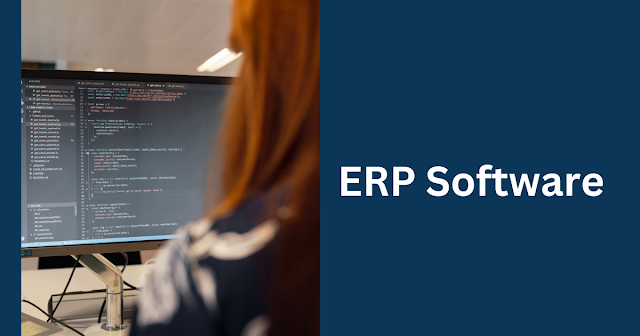ERP Modules Demystified: Finance, HR, Inventory, and More

In the fast-paced and ever-evolving landscape of modern business, companies are continually seeking ways to streamline their operations, enhance efficiency, and stay ahead of the competition. One powerful solution that has emerged to meet these challenges is Enterprise Resource Planning (ERP) systems. In this blog, we will demystify the key ERP modules, with a focus on Finance, Human Resources (HR), and Inventory management. Understanding ERP Modules Enterprise Resource Planning (ERP) systems are designed to integrate and automate core business processes across different departments within an organization. ERP modules are individual components of the ERP system, each responsible for managing specific aspects of the business. These modules collaborate seamlessly to provide a unified view of operations, facilitating data-driven decision-making. Finance Module The Finance module is the financial backbone of an ERP system. It encompasses various financial functions such as gener...
.png)
%20(1).png)